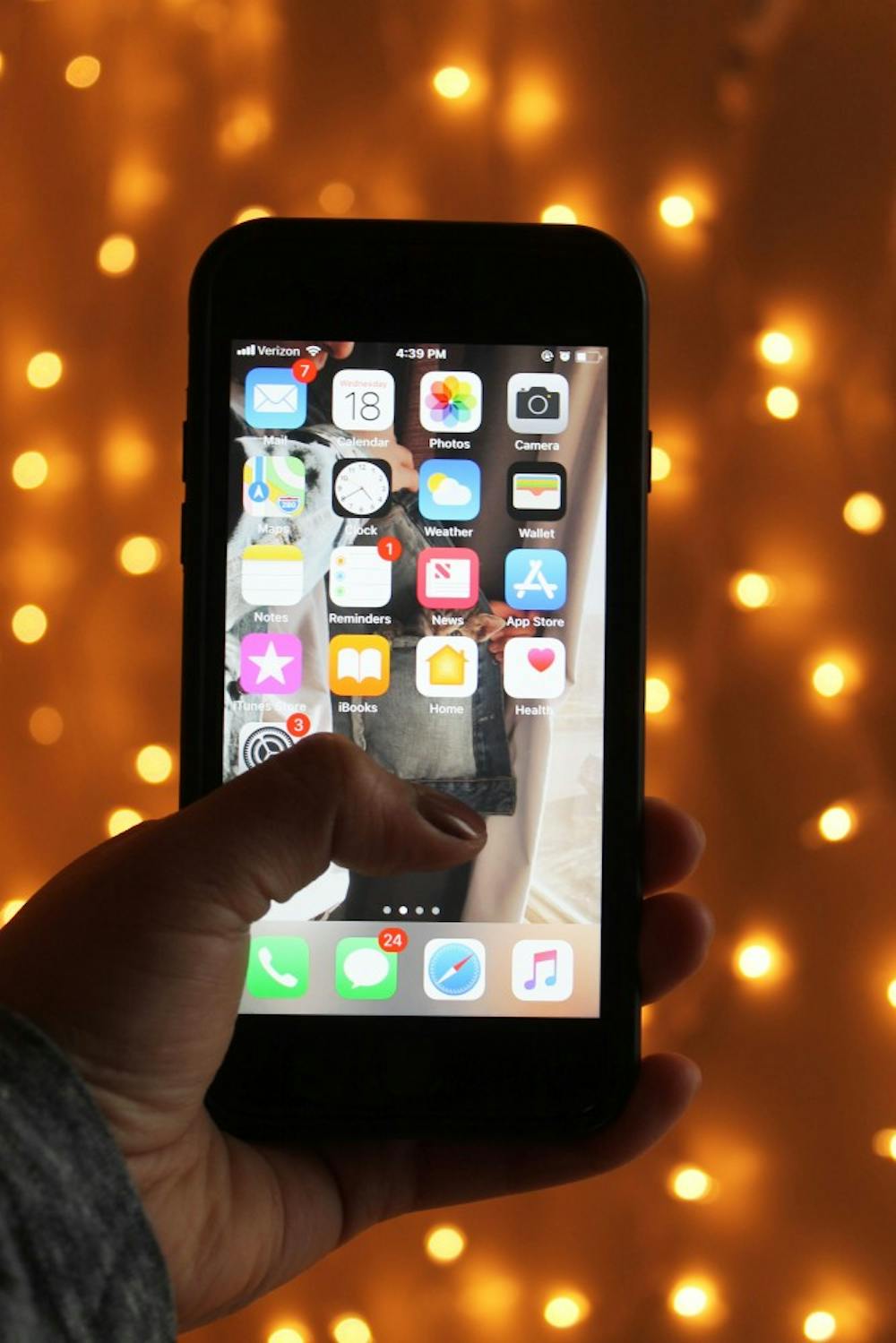By Katherine Upton | Contributor
When I chose to delete my primary social media accounts a few months ago, I was surprised by the amount of people who criticized my decision to "unplug." Even more so, I was surprised at how many of those critics were individuals who were not in my inner circle of friends.
The typical critique went as follows:
"Why would you deprive us the opportunity to 'follow' your life?"
"Don't you want people to celebrate your life with you?"
"You'll miss out on the lives' of others if you delete (Facebook, Instagram, etc.)."
But these critiques only touch the surface of what I believe is an even greater issue amongst some social media users: the belief that a healthy way to intentionally engage in the lives of others is through social media.
Hear me out, I think that some people engage with social media well. Several individuals that I "followed" on social media posed thoughtful questions and shared blogs or writings they had recently encountered with the hope of prompting thoughtful, civil dialogue. Those people do exist and are important to guide proper use of the social media world. Others use it primarily to keep in touch with friends and family far away. Some use it to "check-in" and alert family that they are okay in a disaster. In these ways, social media can be used effectively.
Yet I know myself well enough to know that while I chose to use social media in some of those ways, I also chose to use social media in unhealthy ways - aimlessly scrolling through a feed out of avoidance of what was truly in front of me - opportunities for conversation, connection and community. This practice occurred enough that I felt the wisest decision was to delete it altogether.
After neglecting to monitor my social media for a few weeks, I began to realize that I had assumed relative closeness to many of my 1,000+ friends on Facebook and 700+ followers on Instagram - most of whom I had not talked to in years or had simply "friended" on the Taylor University Class of 2019 page and never met in person.
Unplugging forced me to consider who my close friends truly were. It also convicted me that while I assumed I was investing in my friends, what I actually was doing was learning about their lives almost solely from their posts.
Reflecting back on my time using social media, I realized how captivated I was by a "like" or a "follow" or creating an attractive Instagram account. Yet I struggled to know better who I was. Instead, I strove to seek personal recognition and affirmation.
Forbes released an article in 2017 which detailed six ways that social media affects mental health: it can be addictive, trigger sadness, promote comparison of self versus others, arouse jealousy, it feigns true social interaction and it is not truly a cure-all.
In these ways, social media fails to be a healthy use of one's time. In my experience, I've seen social media take away my time and energies from what I'm truly passionate about. I'm tempted to care more about a filter on a photo than the person sitting across from me in the Student Center.
When we choose to live in intentional community, we choose to act in such a way that reflects that decision. Would we have more intentional conversations if we chose to unplug from social media, if even for a week?
Giving up social media is not for everyone, but in my life it has opened up more time for cultivating the relationships most important to me.




